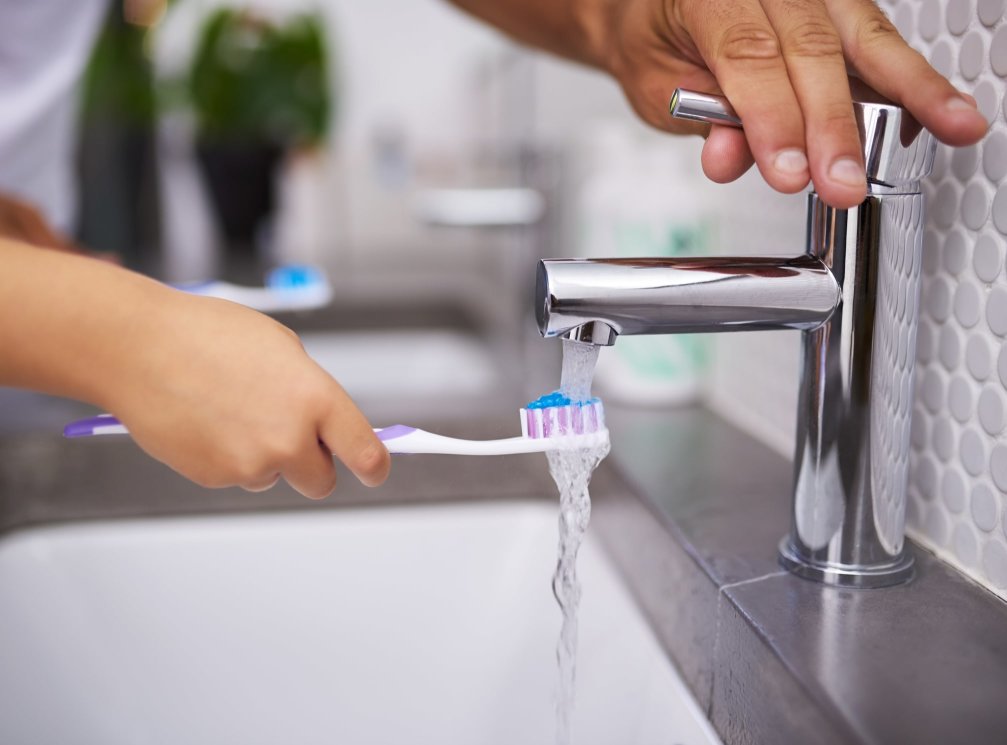
Please note that this article is for informational purposes only and shouldn’t be taken as tax advice. We strongly recommend that you consult with a tax professional if you have tax-related questions or need assistance, as tax rules can vary based on your state, your income, your employment situation, and your personal situation.
When tax season rolls around, it’s tempting to find as many deductions as you can. As you’re trying to cut down on what you owe, you may find yourself asking, “Is dental insurance tax-deductible?”
There are certain conditions under which dental insurance premiums may be tax-deductible. You can track your dental expenses over a year and determine一with or without help from a tax attorney一which costs you can take back as returns.
Key Takeaways
You can deduct dental insurance premiums from your taxes under certain circumstances.
Certain payment plans limit a person’s ability to count their dental premiums alongside other deductions.
Self-employed individuals may only take dental insurance deductions if they meet specific conditions.
The Affordable Care Act and Dental Tax Deductions
Your healthcare bill can be one of the most expensive costs you face on a month-to-month basis. There are ways, however, to make your deductibles go to work for you.
In 2010, President Obama passed the Affordable Care Act. This act allows families that meet specific requirements to take tax credits on their dental insurance. As a result, individuals who file their taxes while tracking their yearly dental deductibles can cut some of their tax season costs.
That said, how you deduct those expenses from your taxes will vary based on the kind of job you have. If you receive a W2 every year, your employer may already deduct your dental premiums from your taxes. If you’re self-employed, however, you have to do the work of calculating your deductions on your own.
Your Coverage: What’s Deductible and What Isn’t?
Some dental premiums can be deducted from your taxes, while others cannot. All exams and treatments necessary to restore your health, including biannual cleanings, are considered essential to your overall well-being. As a result, you can cut their premiums from your taxes. However, any whitening services or cosmetic alterations to your teeth do not count as deductions.
However, orthodontic treatments, including braces, Invisalign, and other teeth straightening services, do not count as cosmetic. While these means may improve the appearance of your smile, the IRS qualifies them as essential services, meaning that you can deduct their premiums from what you owe at the end of the year.
FSAs and HSAs: The Catch
There are some conditions that don’t allow certain dental insurance costs to be excluded from your yearly taxes. For example, you cannot deduct any funds you take from your health savings account and flexible spending account.
However, that is because these funds are already non-taxable when they are deposited into the HSA or FSA. If you attempted to take your deduction twice, the IRS would consider it a double tax benefit and might impose penalties.
Including Dental Insurance Premiums on Your Tax Return
If you file your own taxes, you’ll need to know where to put your dental premiums to have them deducted from what you owe. It’s easiest to fit these deductions on your Form 1040 Schedule A, marking them as a medical or dental expense.
You can follow Schedule A as necessary to calculate how those premiums may factor into any other deductions included on the form.

Is Dental Insurance Tax-Deductible If You’re Self-Employed?
Self-employment tends to make taxes more complicated by a significant margin. Not only do self-employed individuals have to do their own taxes, but they also have to pay more taxes than someone working in a traditional office environment.
As such, self-employed individuals benefit from deductions wherever they can find them. These parties may take dental insurance premiums as deductions on their taxes, but only under certain conditions.
Self-employed individuals may only take their premiums as deductions if these parties had a net profit in the year that they’re filing. Interested parties can submit their premium deductions on Schedule 1 instead of Schedule A, where they’ll count as an income adjustment instead of a traditional deduction.
Qualifications and Catches
That said, not every party who is self-employed may take dental premiums as deductions come tax season. Self-employed parties who are ineligible for this deduction include:
Parties who turned down the right to receive healthcare through another employer
Parties who have another job in addition to their self-employment, so long as that other job offers health insurance
Parties who can receive healthcare coverage through a spouse’s place of employment
With this in mind, self-employed individuals should either consider their circumstances or discuss their potential deductions with a professional before including dental premiums among their deductions.
Prepare for the Upcoming Tax Season
Tax season is stressful for everyone. Don’t overlook some potential deductions in your rush to get your paperwork submitted. If you’ve been asking yourself, “is dental insurance tax-deductible?” then you’re in luck.
Certain circumstances permit you to take your dental premiums, among other healthcare expenses, as tax deductions. For more information, consider working with a tax attorney or other professional to make the most out of last year’s expenses.







